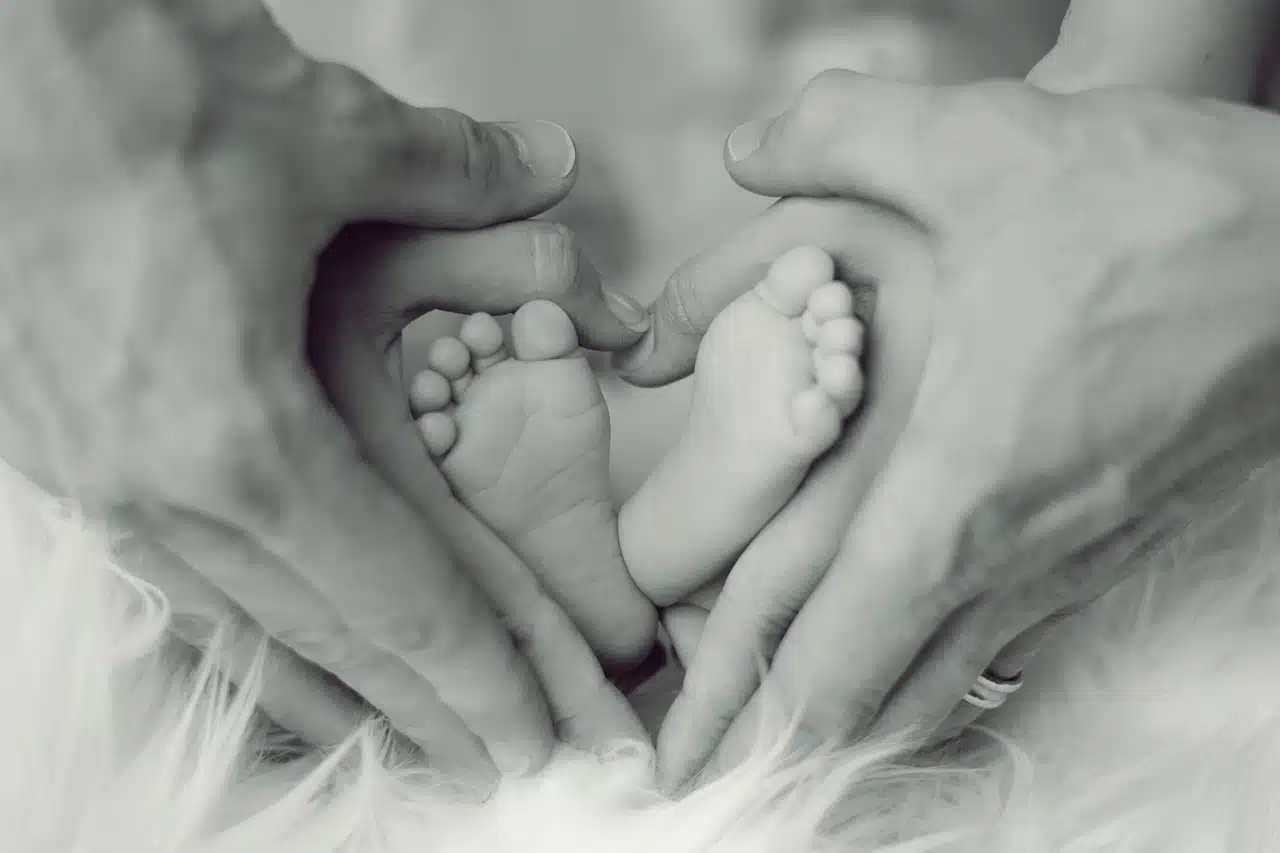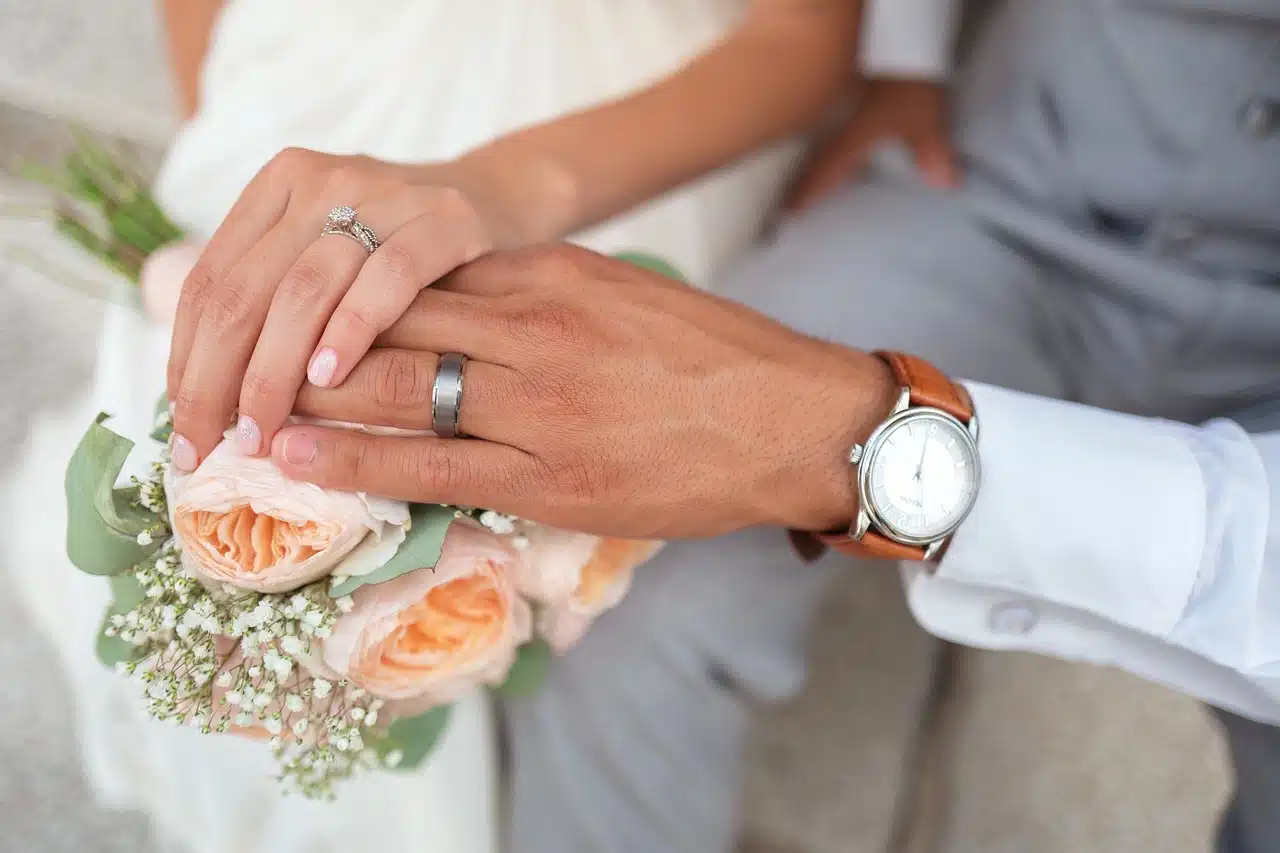
Family law deals, among other issues, with the custody and support of children who are minors and visitation.
Family law is a specialization, included within civil law , although there is also a broad view that considers it an independent branch of law , which lawyers can carry out to address property and personal issues of a family .
At a legal or juridical level, within a family nucleus certain formal acts must be carried out to certify ties or statuses. This is the case, for example, with the procedures that must be carried out to get married or manage a divorce , to establish a parentage and to finalize an adoption , for example.
Matters covered by family law
The issues covered by family law , also called family law , revolve around ties, with duties and rights, of couples and between parents and their descendants.
Parental authority , the right to identity , the paternal and maternal obligation to financially support their children until they are of age, the validity (or not) of a will and the distribution of inheritance acquire relevance within this area. .
When there is a separation or annulment of a marriage, someone who specializes in family law usually intervenes so that no one (neither adults nor minors affected by said dissolution) has their rights violated.
It should be noted that in the Civil and Commercial Code of the Argentine Nation , to describe a specific case, there are multiple articles dedicated exclusively to addressing family relationships. It lists topics and requirements related to marriage , the matrimonial property regime , cohabitation , kinship , filiation , adoption , parental responsibility and family processes .

In a marriage there are obligations and rights for both members of the couple.
family relationships
Family relationships and personal ties are not always identical. Just as there are those who are born and develop within a home in which there is support and security on an economic and emotional level, other individuals go through life suffering from emotional instability or are victims of abandonment , abuse and other manifestations of violence . Also, just as there are bonds that begin and last until death, other unions dissolve.
Nor do family models coincide in all cases. A marriage , today, in Argentina and other nations can be made up of a husband and a wife (that is, a man and a woman) or, thanks to equal marriage , by people who belong to the same sex. Likewise, the family project can cover both a civil marriage (certified before the law) or a church marriage (if the members of the couple desire a religious union).
If, for at least two seasons, two individuals of legal age in Argentina commit to coexistence and a life together, although without going through the Civil Registry , the figure of cohabitation becomes relevant. By entering into a civil union , those involved acquire rights, benefits and obligations such as the possibility of accessing, as a couple, the social insurance that one of the two cohabitants has, jointly requesting a bank loan, etc.
It is interesting to know that the marital bond that is carried out with coexistence but without a marital union mediating between the protagonists converts each person involved into a common- law husband or concubine , as appropriate in each case. In the phase prior to a de facto union, a free union is usually recognized between single people who decide to maintain a monogamous relationship and live together or have an heir .
When there are legitimate descendants in a couple, different rights and obligations are deployed. In relation to one (or more) non-emancipated child, parental authority is exercised. It is always convenient to emphasize (although it should not be necessary) that minors also have a voice, rights and needs. It is the obligation of the adults who are in charge of them to provide them with food, education, health and favorable conditions so that they grow and develop in the best possible way. The Convention on the Rights of the Child emphasizes, with the intention of protecting any minor under 18 years of age without distinction or conditioning, the importance of giving children guarantees and security that protect them comprehensively. They have the right to identity , the right to dignity , the right to privacy , to have a nationality , to play and grow in contact with both parents (with the exception of cases in which the bond is not advisable because it represents a risk for the little ones). ). It is desirable, despite a divorce or separation , to have joint possession or custody . The priority should always be the children: the differences between adults should never interfere with the well-being and happiness of babies, children or adolescents.

Children have the right to grow up protected in a healthy environment in which they are cared for, loved and valued.
Family law in violent situations
Family law in violent situations offers legal resources to act when someone is the victim of acts that threaten their physical integrity and/or their physical and mental health committed by a relative.
Family violence , unfortunately, is not limited to gender violence and does not always leave visible marks on the body. Unfortunately, there are frequent journalistic chronicles that narrate atrocities and crimes that find, in some cases as victims but in others as perpetrators, cousins, uncles, grandparents, brothers, sons or stepchildren. Women, statistics say, usually bear the brunt because the rate of femicides worldwide does not stop growing.
Anyone who suffers abuse or aggression by a member of their family, regardless of the degree of relationship , must urgently seek legal advice and file the corresponding complaint . Harassment , abuse or mistreatment should not be endorsed, justified or endured, under any circumstances. With Justice taking matters into its own hands, each person who asks for help to free themselves from the domestic violence they suffer can be protected through a protection order that activates measures in their favor.
